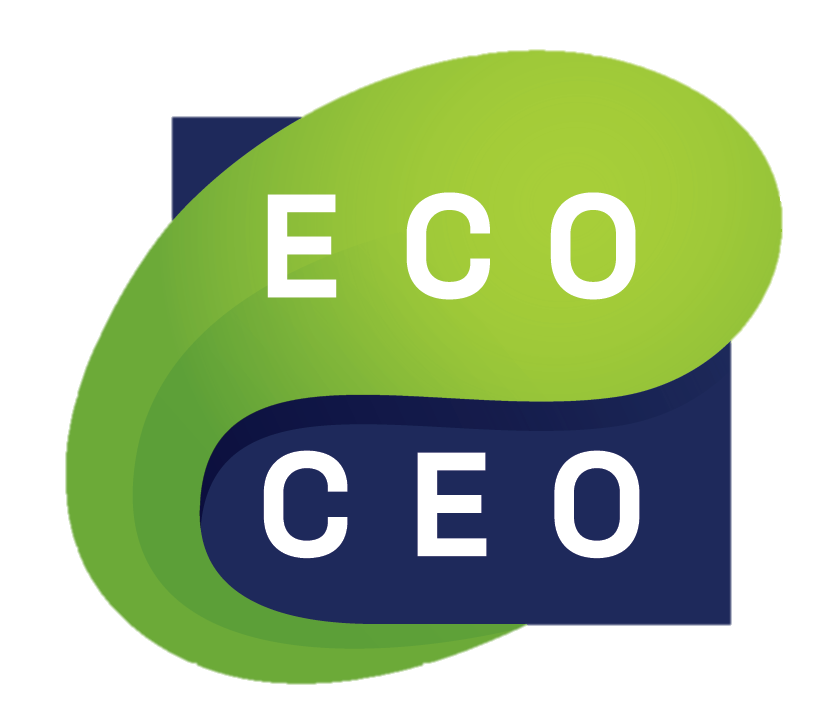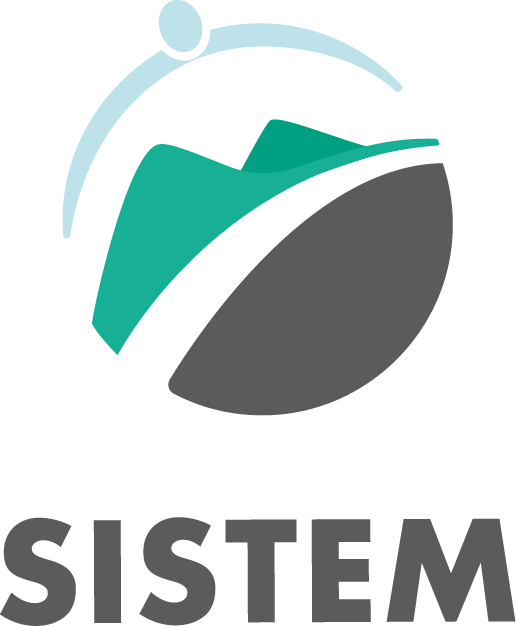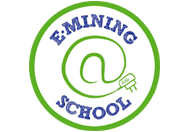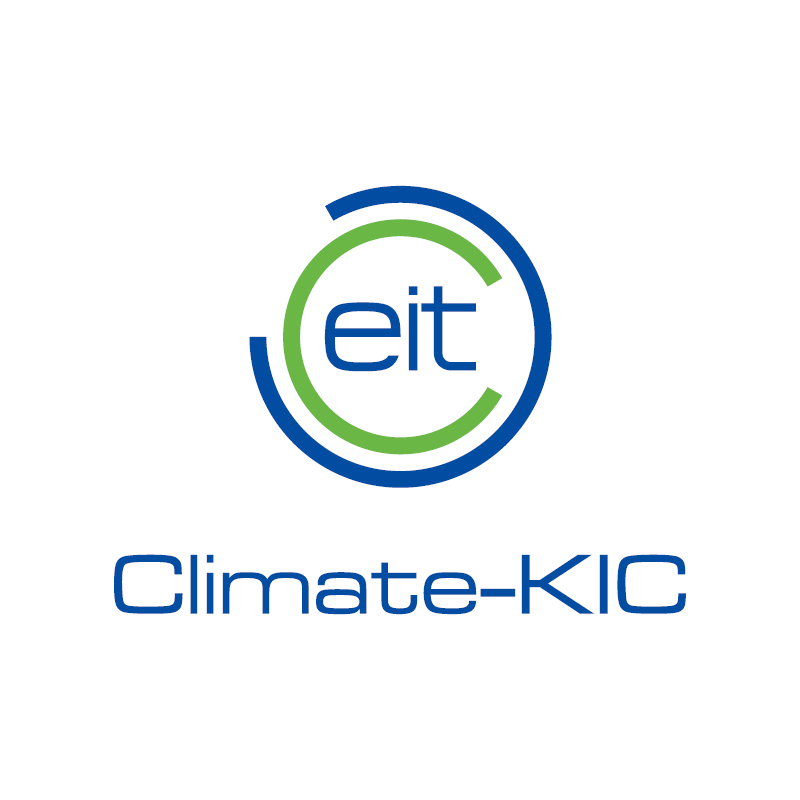
A game, which aims to increase awareness and transfer knowledge about circular economy strategies and circular business models to students in secondary education.
During the game, players run a company that produces electronic products, such as microchips, smartphones and e-bikes. They need to take decisions about the production processes, materials management and marketing of their products. By combining different investments, they can improve the performance and profitability of their company. However, unforeseen events can complicate their plans!
The game shows the impacts linear and circular business strategies have on the performance of a company, and on its resilience against external events such as policy measures, market disruptions and availability of resources. It teaches students about the relevance and the opportunities of circular strategies such as recycling, take-back systems, reuse and repair activities and product-service systems.
ecoCEO stimulates discussions about sustainable entrepreneurship, consumption patterns, resource scarcity and waste management.

Teaching raw materials to primary schools with gamification.
As increasing world demand for raw materials is facing stronger public concerns on health and environmental issues there arises the need for a better targeted dissemination of knowledge and information, thus enforcing public awareness of the problem. To work towards public awareness, we must start early by increasing knowledge and interest about raw materials and geology – already in primary school. By targeting primary schools we also reach the public as a whole – through children, their parents and their teachers.
BetterGeoEdu will develop teaching material using BetterGeo – a modification of the immensely popular game Minecraft. Teaching material will be tailored for primary schools, and cover innovation themes of the EIT RM KIC like mining, processing & recycling, complete with a train-the-trainer programme for teachers. BetterGeoEdu brings a unique and innovative way of teaching raw materials to primary schools using a game known and loved by millions.
A specific WP is focused on synergies between RM@Schools programme and BetterGeoEdu 2.0 to increase pupils’s interest for geological themes.

Encouraging girls to study geosciences and geo-engineering.
The overall gender pattern in geosciences, especially in the mineral exploration and extraction sectors is definitely imbalanced. It is characterized, more or less, by men and stable male stereotypes in almost all parts of the business clusters, in society and professional communities as well as in education and research. However, studies confirm that diverse teams are more creative and innovative. Participation of women in raw materials related industries is therefore necessary and may be considered as an element of business strategy.
The project ‘ENGIE – Encouraging Girls to Study Geosciences and Engineering’ aims to turn the interest of 13-18 years old girls to study geosciences and related engineering disciplines. As career decisions are made generally in this period of life, the project expectedly will improve the gender balance in the fields of these disciplines.
During the implementation of the three-year-long project, an awareness-raising strategy will be developed and an international stakeholder collaboration network will be established for the realization of a set of concrete actions. These actions include family science events, outdoor programmes, school science clubs, mine visits, mentoring programmes, international student conferences, publication and awarding opportunities, summer courses to science teachers and production of educational materials. The actions will be carried out in more than twenty countries throughout Europe.
ENGIE will be implemented through the cooperation of 26 institutions. The partnership involves 3 universities, 2 research centers and a European-level professional organization, which has 26 national member geological associations. 20 national associations will take part in the project implementation as Linked Third Parties. By their contribution, the project activities will be extended to more than 20 European countries.

The Briefcase of mineral applications is a new educational tool that uses hands-on learning strategies to teach students about the important role of mineral raw materials in everyday life and how our choices concerning these materials can shape the world.
Through innovative learning experiences, students engage directly with the raw materials they are learning about, improving retention of the content and challenging them to consider their place as European and global citizens.
The specific target audience will be primary schools which include from 6 to 14-year-old students and their teachers. The project is orientated for Wider Society Learning (WSL) and aims to raise students’ knowledge of mining activities and mineral applications.
You are invited to join hundreds of people already using this engaging learning tool.

Social Innovation for Sustainable Treatment of European Metals.
Driven by the Industry, SISTEM will address and reinforce the Industry and Society relationship through WSL activities designed to promote and integrate the Industry with its surrounding Community including social and environmental sustainability.

WEEE4Future is a wider society learning project supported by the Raw Materials Academy of the European Institute for Innovation and Technology that aims to stimulate youngsters to provide for a proper separate collection of the waste from electric and electronics equipment (WEEE).
On the website the visitors are engaged in a “scavenger hunt at home” and the “E-waste calculator” enables them to evaluate the amount of materials and CO2 saved when WEEE are recycled. Finally, the visitors finds the nearest recycling plant and many other info on WEEE.

Visit E-Mining@Schools’ website
E-M@S (E-Mining@School) is a Wide Society Learning project addressed to students of the age 14-19 and funded by the Knowledge Innovation Community Raw Materials of the European Institute for Innovation and Technology (EIT).
The aim of the project is the dissemination of the awareness of the limitation of raw materials and the sensitization to the recovery of waste from electric and electronic equipment.

Circular Economy Laboratory – European project of dissemination focusing on recyclability of wastes.
The project Circular Economy Laboratory (CircleLab) aims to show the required characteristics of the wastes to become valuable products and how these processes are made. It also shows how many daily products can be made recycling wastes and the importance of this decision. The use of these products allows making safer EU economy, to increase workplaces, to protect the environment and to reduce the ecological footprint of the Industry so this will be more prepared for the challenges of the future encouraging a sustainable and competitive Industry.
Two main activities will be developed: First, an adaptation of a waste lab (not physically a lab but the procedures in order to simplify the activities) where the students (10-18) can develop a simple analysis of the wastes (identification, grain size) , study the different possibilities of recycling (simple valuation) and develop by themselves a simple product (process knowledge). In these sessions the students will be able to evaluate the needs of a waste to make a product, how are the process and the quality of the new products.
Second, a session with a set including different types of wastes and related products (W&P) (those made with the selected wastes). Through this methodology, the students (10-18) will be able to link common products with the wastes, the characteristics of the wastes, the needs and processes will be explained in a simple way. Videos with examples of these sessions will be updated in a website. This also will include a scheme that allows the students to know the wastes, processes and products.


Green Innovation@Schools (Project N.16556/2017). European project of scientific divulgation with the aim of promoting new methodologies of active learning in schools. Focused on issues related to the Circular Economy, Environment and the challenges related to a Sustainable Development.
The scope of the sub-activity “Green Innovation at Schools” is to benchmark the so far obtained experiences towards schools from different bodies of knowledge on innovation, participatory methods, entrepreneurship as well as creative problem solving already existing in KICs and partners so they could be combined and adapted for their use in secondary schools . The sub-activity will be integrated with the lessons learnt from lab sessions with educators and demonstrator workshops in the school environment.
The learning resources will be built up based on the active learning approach developed by the Transitions Hub and the eLearning team of Climate-KIC. Furthermore, these resources will be efficiently inserted in learning pathways suitable for high schools, thanks to the EIT RM@Schools methodology and approaches provided by other partners as MyClimate. The learning pathways will be the base for students/teachers/experts’ involvement in contextualizing the common methodology on actual examples connected to societal challenges, circular economy and future opportunities.
The different elements developed under Green Innovation@Schools will be framed in a modular format based on a series of clear and concise ‘learning nuggets’ which different individuals can select or combine as they wish to create their own learning paths.

FOSTERING ENTREPRENEURSHIP AND RAW MATERIALS AT SCHOOLS THROUGH SERIOUS GAMING (Project N. 171662018/EIT/EIT Raw Materials).
By mean of a game “ECOmpany: it’s your business!”, students are involved in training courses focussed on entrepreneurship and ECoSustainable Development.
The project FosterERM@schools trains students (and teachers) on the state and future developments in the raw materials sector and the circular economy by providing dedicated material in form of a serious board game, including learning on realistic scenarios, material flow and business processes. The game is being designed and produced in a co-creation approach to ensure its suitability and effectiveness with the target groups. A two-staged tournament (local and international) is developed and conducted to spur motivation for the students. This tournament will also be the prototype for a larger, EIT-wide, tournament to be staged in a following KAVA from 2019 on.
The project will strengthen the connections between the educational training period and job opportunities for youngsters by raising awareness for and the attractiveness of the raw materials sector. Through this it will motivate for careers in science and technology and increase inflow in BSc programmes for the sector. It will enable students to promote co-responsibility within the young generation in the field of raw materials, making young people aware of the complexity and interrelation of raw materials with environmental sustainability issues, and prepare them to debate crucial issues in a way that can motivate them to take responsibility and implement appropriate actions. This way it contributes to a new perception and the provision of deeper insights on the raw materials sector and entrepreneurship in a circular economy.